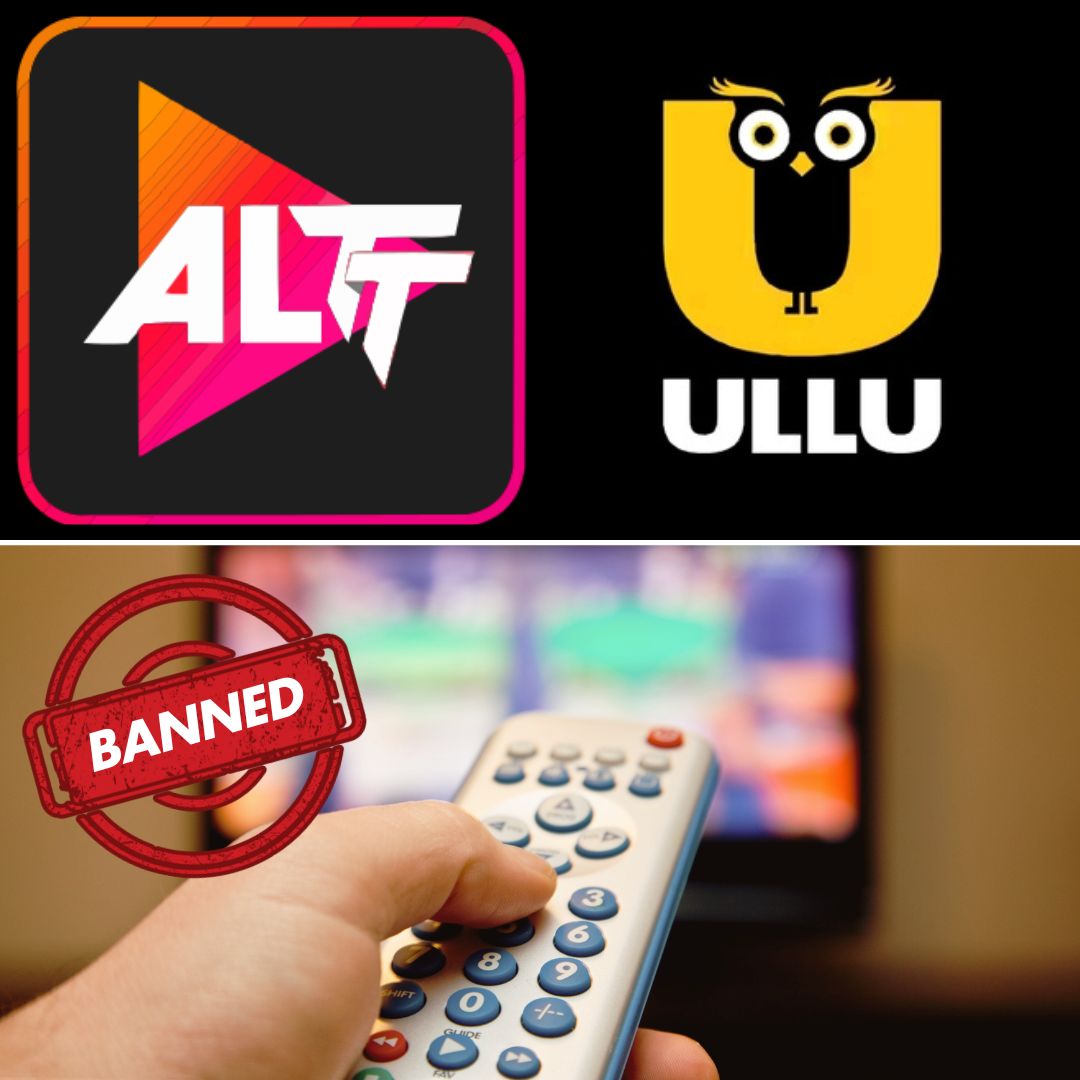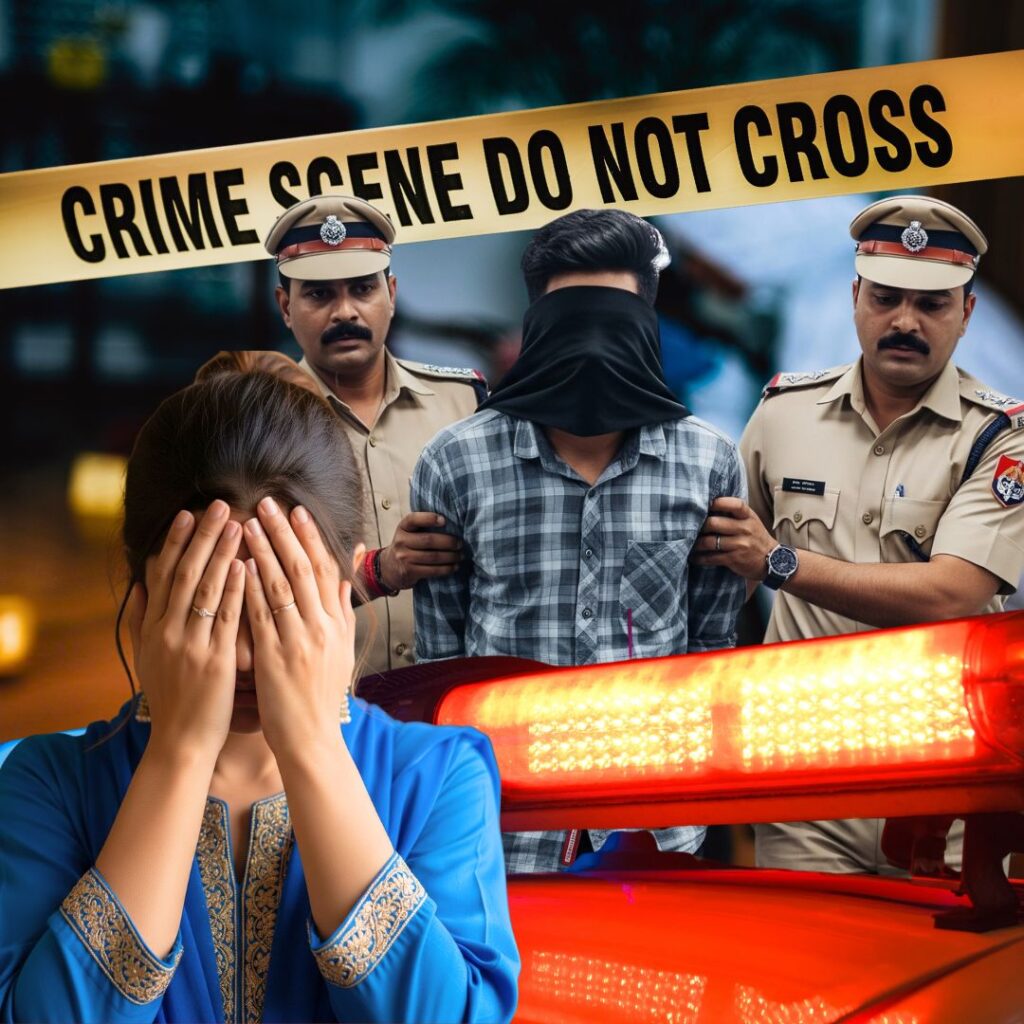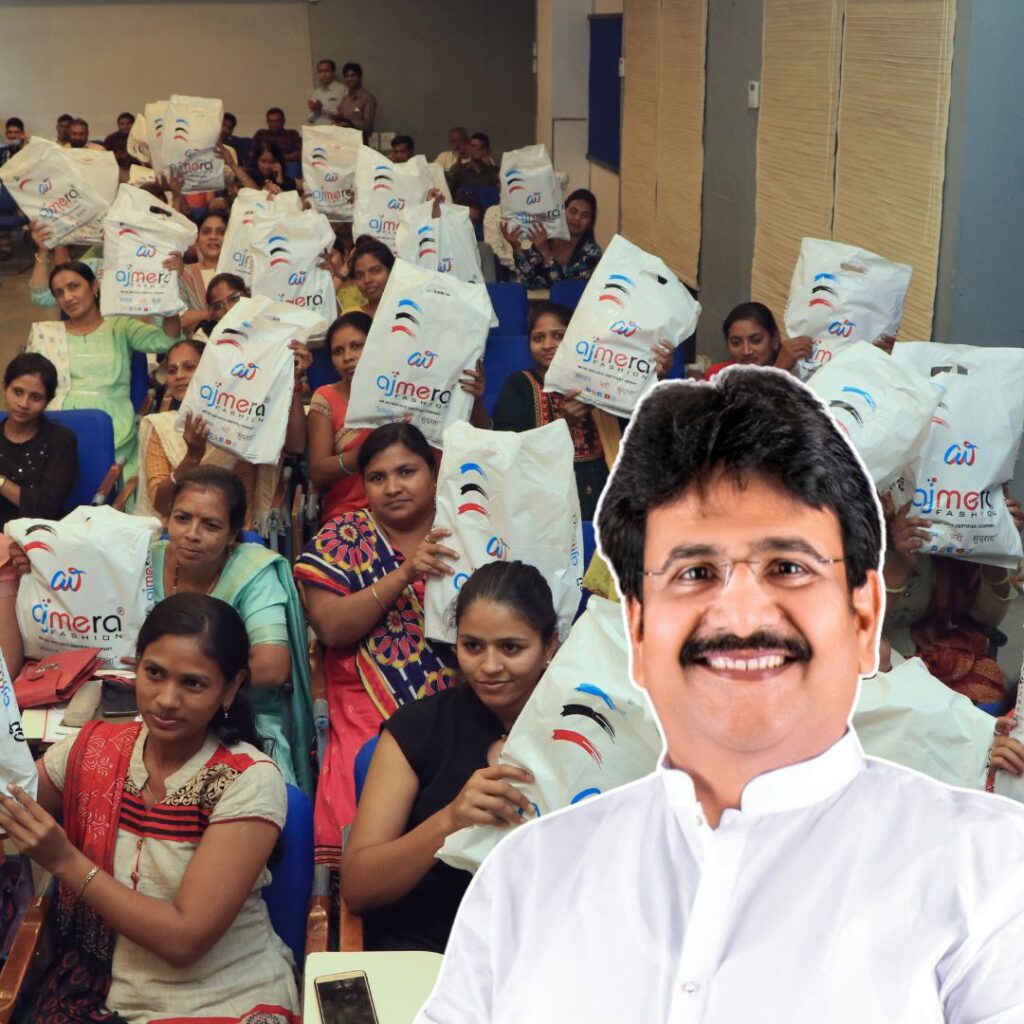The Ministry of Information and Broadcasting has enacted a nationwide ban on 25 OTT platforms and apps—including notable names such as ULLU, ALTT, Desiflix, Big Shots App, MoodX, and Gulab App—on July 25, 2025. This decisive step targets online platforms accused of streaming sexually explicit, obscene, and vulgar content, sometimes labelled as “soft porn” or inappropriate for general audiences.
The move, executed under the Information Technology Act, the Bharatiya Nyaya Sanhita, and the Indecent Representation of Women (Prohibition) Act, is framed as a push to protect minors and uphold societal decency. While the authorities insist that the crackdown is rooted in public interest and legal compliance, critics raise concerns about freedom of expression and the impact on creative industries.
Crackdown on Obscene Content: Rationale and Execution
According to official statements and government notifications, the ban is a response to a sustained period of growing complaints and public unease over the proliferation of explicit digital content. The platforms on the list—such as ULLU, ALTT (popular for their risque web series), and lesser-known streaming apps like Boomex, Mojflix, NeonX VIP, and Feneo—were found consistently violating strict regulations: Sections 67 and 67A of the IT Act (punishing transmission of material containing sexually explicit content), Section 294 of the Bharatiya Nyaya Sanhita, and the Indecent Representation of Women (Prohibition) Act.
The Ministry said, “Much of the flagged content contained sexual innuendos and explicit sequences with nudity, clearly violating the moral and legal framework of India.” The action follows extensive consultations with the Ministry of Home Affairs, Ministry of Women and Child Development, Ministry of Electronics & IT, and regulatory and industry groups like FICCI and CII, ensuring a coordinated approach. As a result, the government directed Internet Service Providers (ISPs) nationwide to immediately restrict public access to these platforms.
Regulatory Pressure and Wider Societal Debate
The ban is set against the background of mounting judicial and public pressure around digital content moderation. In April 2025, the Supreme Court addressed a Public Interest Litigation (PIL) that brought to fore the gaps in oversight of streaming platforms, noting the “seriousness” of unchecked explicit content but ultimately calling on the executive to regulate the sector.
The event catalysed a whole-of-government approach, with steady engagement from various ministries, legal consultancies, and child and women’s rights groups. Critics—including creative industry stakeholders and civil liberties advocates—warn of the dangers of heavy-handed censorship potentially dampening India’s vibrant artistic and entertainment sectors. Some audiences have also questioned the subjectivity in defining “obscenity,” fearing the risk of moral policing.
The Logical Indian’s Perspective
The government’s sweeping action underscores the necessity of curbing harmful and unlawful content to create a safer digital space, especially for vulnerable groups such as minors and women. Yet, it is equally critical to remember that any regulatory power must be wielded with nuance, care, and consultation.
The future of India’s digital ecosystem hinges on fostering an environment that prizes both community safety and the richness of creative expression. As online storytelling avenues grow, so too must our collective responsibility to balance progress with protection. The Logical Indian calls for clear, transparent guidelines and sustained, inclusive dialogue between industry players, regulators, and the public to ensure regulation is fair, progressive, and empowering—not stifling.













